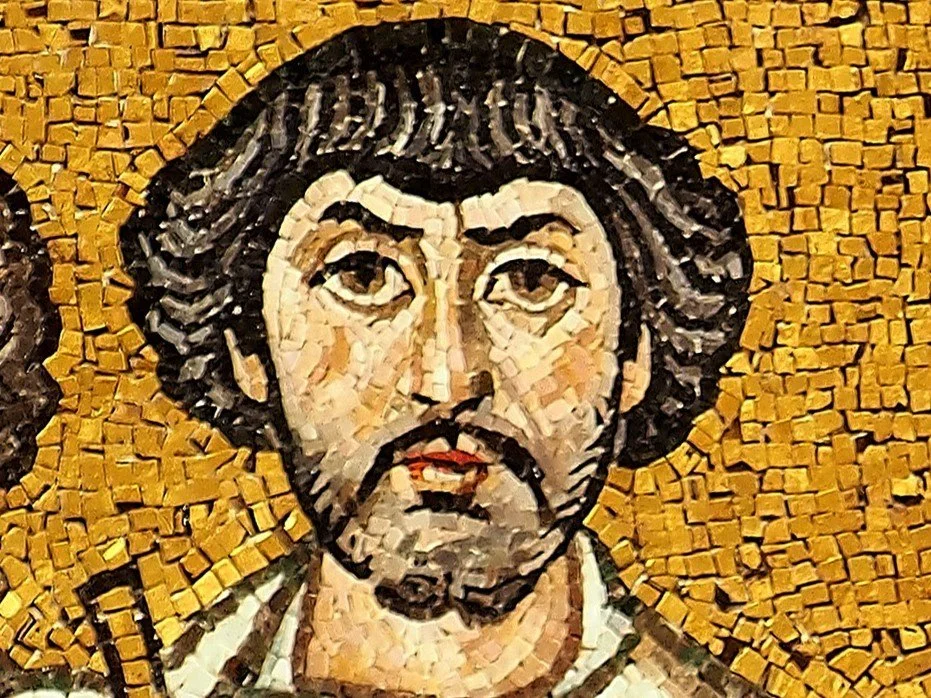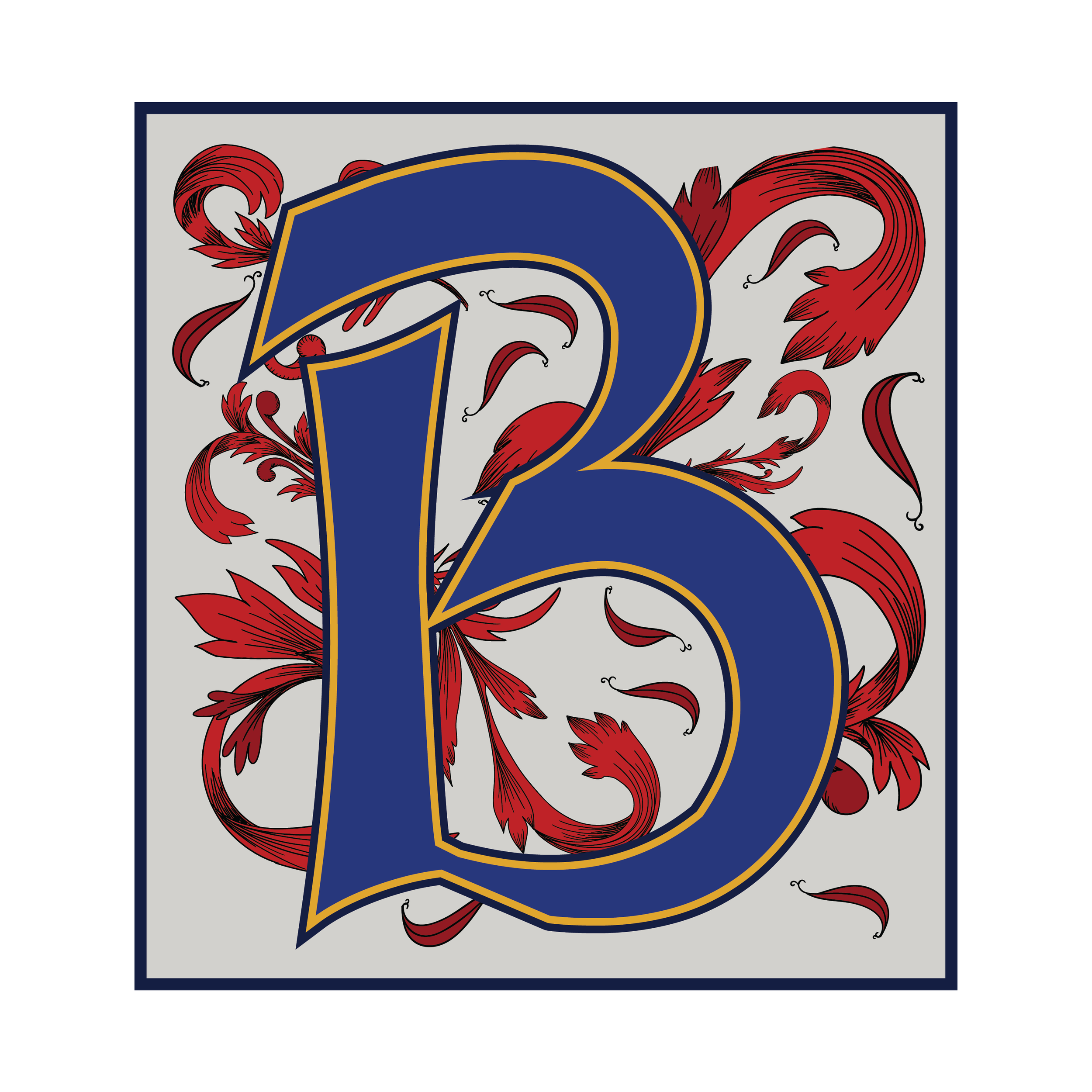Belisarius - All He Does Is Win Win Win
Belisarius (505-565) was one of the greatest Roman generals ever. He reconquered most of the lost Western Roman Empire, winning victory after victory against the odds. But his boss didn’t trust him.
Born in Illyria (modern-day Croatia), the border between the eastern and western halves of the empire, he became a member of the emperor’s personal bodyguard and headed east. He was promoted rapidly, given command of an army, and won a brilliant victory against the Persians in 530. He was on his way up.
He was recalled to Constantinople and crushed the rioters in the Nika Riots of 532. This earned him the trust of Emperor Justinian, who sent him to Africa to win back a few important ports from the Vandals. Justinian’s popularity was at an all-time low after the Nika Riots, and he hoped to get a couple small victories, spread the spoils around to the people of Constantinople, and stop being hated so much.
Belisarius overachieved, capturing Carthage, the capital of the Vandal kingdom. Along the way, he won the respect of the defeated Vandals, even as he dragged the Vandal king back to Constantinople in chains. Africa was now back as a province of the Roman Empire. Belisarius was celebrated with a triumph, just like Roman generals in the good old days. Justinian was lucky to have him on the team and didn’t hesitate to share the glory with his general.
Italy had been stable and prosperous under the Ostrogothic king Theodoric the Great, but after his death in 526, they stopped sending tax revenue back to Constantinople. Justinian wanted more loot, so in 535 he sent his now-trusted general Belisarius to reconquer Italy and bring it back into the fold. Belisarius landed in Sicily first, capturing it before winning Naples.
By 540, Belisarius recaptured the ancient capital of Rome and the later capital of Ravenna, taking the Ostrogoth king prisoner. The Ostrogoth leaders offered Belisarius a new job, king of the Ostrogoths. He pretended to accept it as a ruse, then arrested the ringleaders. Belisarius loaded the treasury onto boats, sailed back to Constantinople, and presented the hoard to Justinian. He coulda struck out on his own, but Belisarius was loyal to The Boss.
Belisarius was vastly more popular than Justinian. The general had been nothing but faithful to the emperor, delivering victory after victory, treasure on treasure, and brought both Italy and North Africa back into the imperial fold.
But Justinian was jealous of how much everyone admired Belisarius and grew suspicious of his loyalty. So Justinian sent Belisarius east to fight the Persians, maybe never to return. Vastly outnumbered, he tricked the enemy into believing his army was much larger than it was. They retreated and Belisarius was victorious. Again.
Back in Italy, Totila was chosen as the Ostrogoth king. His policy platform was “Italy for Ostrogoths” and he booted out imperial forces, reversing Belisarius’s conquests of a few years earlier. So in 545, Justinian sent Belisarius back west to straighten him out and re-reconquer Italy.
Because Justinian was suspicious of Belisarius, he did not give him enough troops, so there was not a decisive victory. Through a very well written letter, Belisarius convinced Totila not to destroy Rome, and instead just leave. It worked, and Belisarius took the city. Ever suspicious, Justinian re-recalled Belisarius from Italy, sending in Narses, a rival general who finally defeated Totila in 552.
By 559, Belisarius was mostly retired, but when the Bulgars attempted to invade the empire, guess who Justinian sent to fight them? Did you guess Belisarius? Did you guess that he crushed the Bulgars? If so, you got it right. Pat yourself on the back.
So after that, you’d think Justinian trusted Belisarius again, right? That’s where you’d be wrong. Belisarius was accused of corruption and imprisoned in 562. The charges were trumped-up and Justinian later pardoned him, but his career on the battlefield was over.
Belisarius died of natural causes in 565, and Justinian followed him to the grave later that same year. Belisarius is sometimes called “Last of the Romans” because he embodied the values of the Roman Empire at its best.
Although the emperor’s jealousy led him to take his best chess piece off the board more than once, the two old friends reconciled at the end. They had done what few thought was possible and reunited the two halves of the Roman Empire. With a little more trust, it might have been the greatest bromance of the early medieval era.
There's an old adage that "As hire As, and Bs hire Cs," meaning top performers hire other top performers, but mediocre performers hire lower performers so their position is not threatened by someone else's shining star.
Is this from the manager’s insecurity? Or a lack of trust between two people? Stephen Covey popularized the idea that relationships “move at the speed of trust.” If a manager and subordinate don’t trust each other, then it’s hard to see how they can accomplish their full potential.
If the leader is worried that someone else will get the glory, the battle becomes dividing up the pie, not growing the pie. The goal is the glory, not the goal.
What can you do if you are an all-star performer (like Belisarius) who works for a boss (like Justinian) that won’t let you spread your wings and fly?
You can try to improve communication (set expectations before, more feedback during, etc) but ultimately it will come down to your relationship: how do you build trust? You want the boss to trust you so you can do your thing and make the impact that your organization needs. Focus on that first, and see if that doesn’t smooth your path to success.



